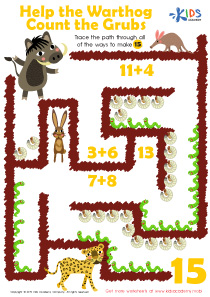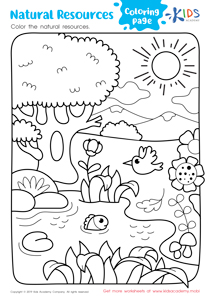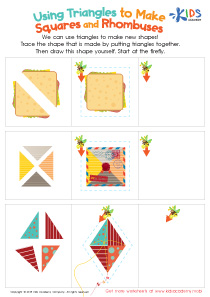Shape Recognition Normal Kindergarten 2D Shapes Worksheets
13 filtered results
-
From - To
Welcome to our "Shape Recognition Normal Kindergarten 2D Shapes Worksheets" page! These engaging worksheets are designed to help young learners identify and understand basic 2D shapes, such as circles, squares, triangles, and rectangles. Through colorful illustrations and fun activities, kids will develop essential skills while enhancing their ability to recognize shapes in their environment. Each worksheet promotes creativity and critical thinking, ensuring that learning is both enjoyable and effective. Perfect for home or classroom use, our resources support early math education and lay a solid foundation for future learning. Start your child's shape recognition journey today!
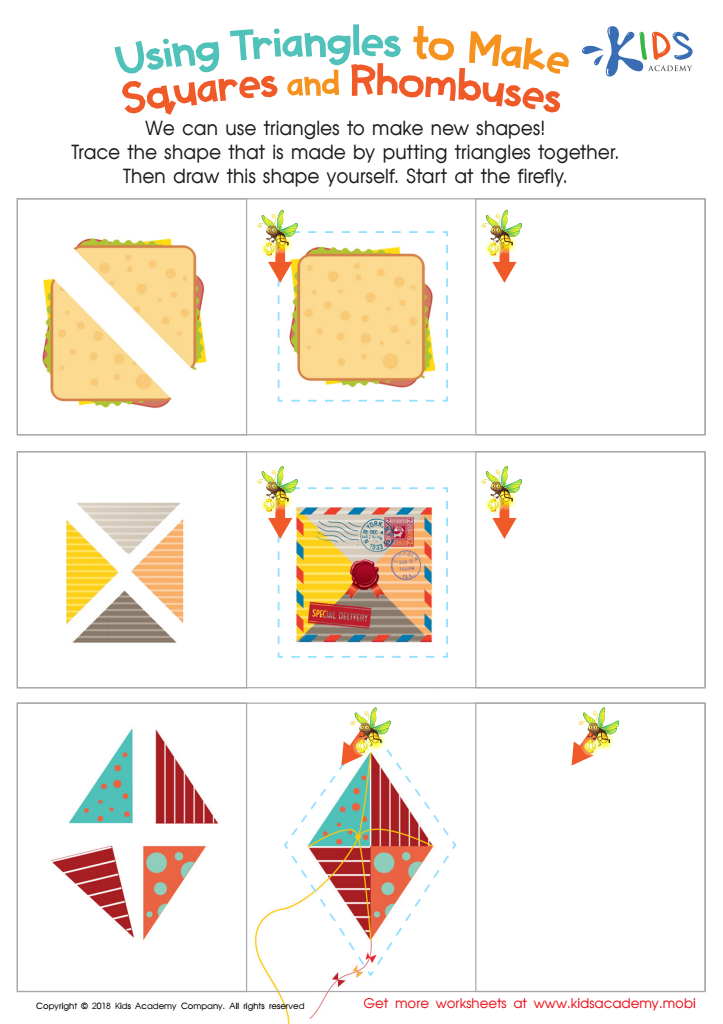

Using Triangles to Make Squares and Rhombuses Worksheet
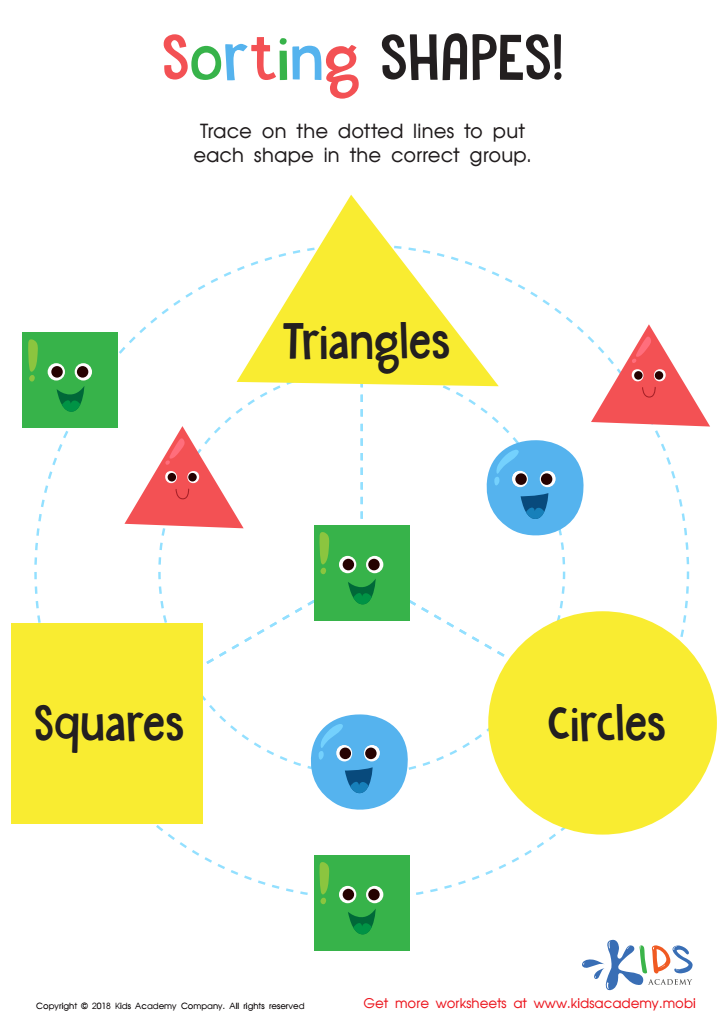

Sorting Shapes - Part 3 Worksheet
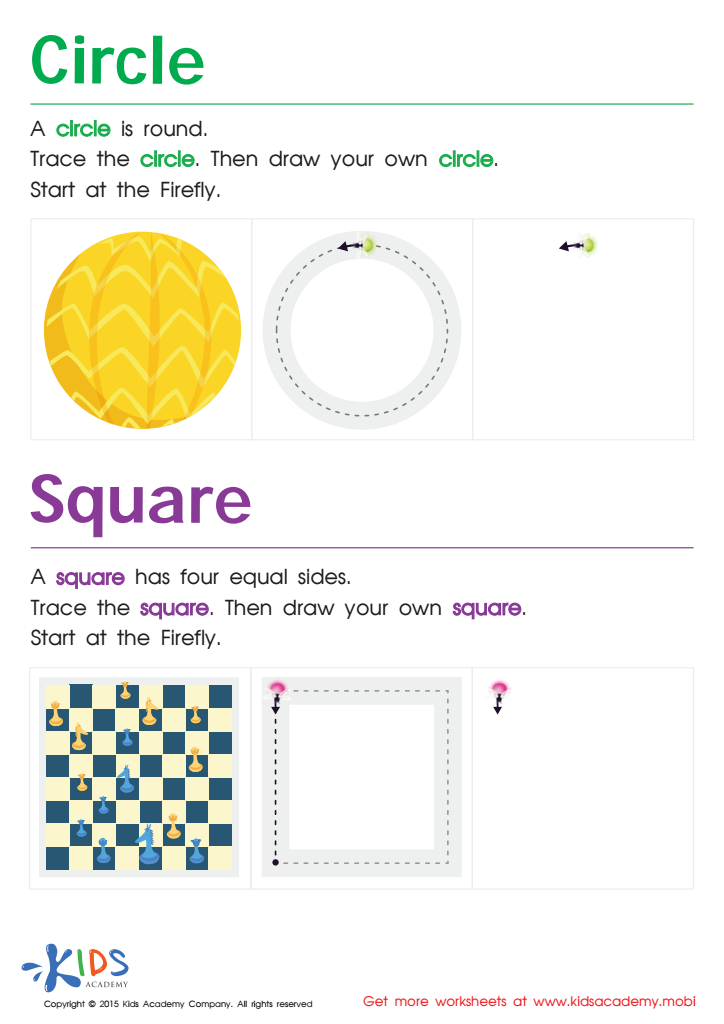

Trace And Draw a Circle And a Square Worksheet
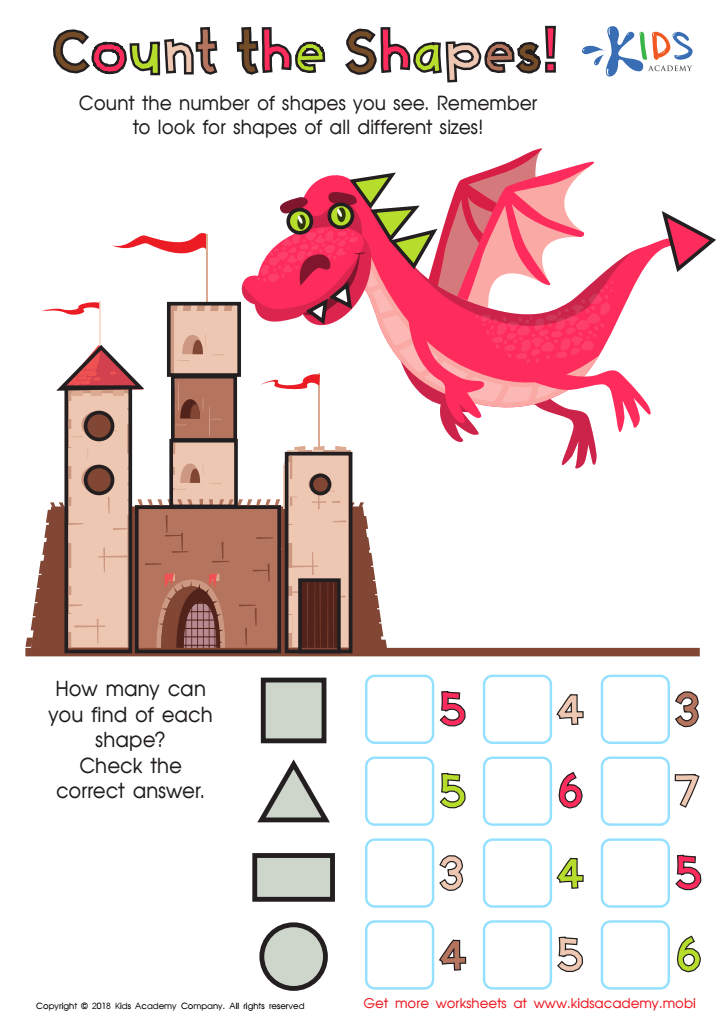

Count the Shapes Worksheet
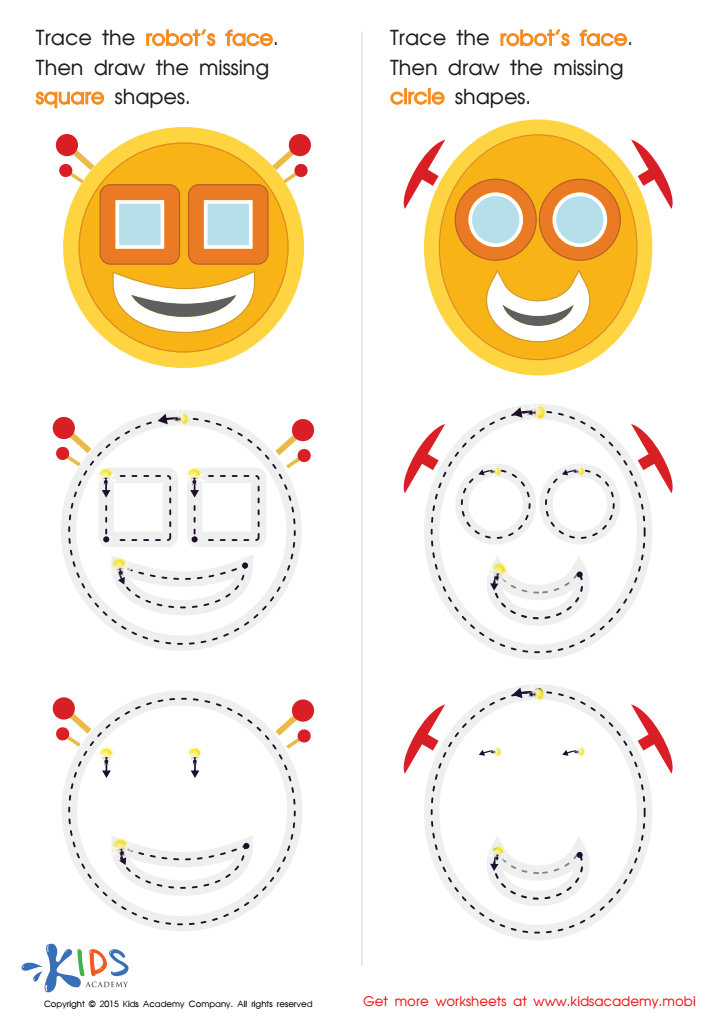

Practicing to Draw Circles And Squares Printable
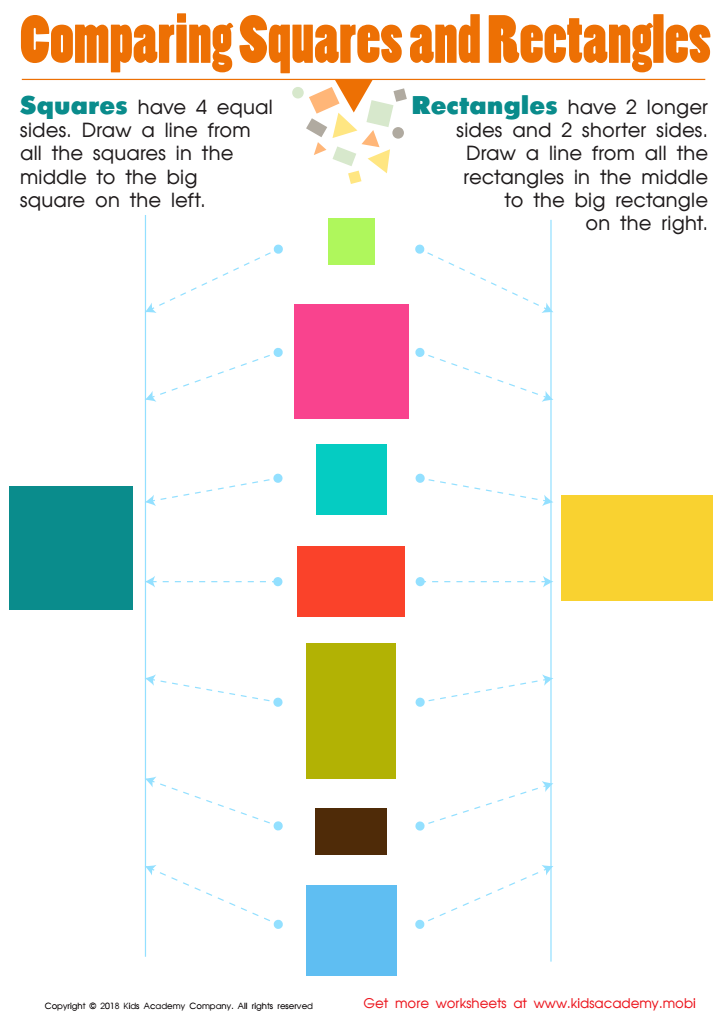

Comparing Squares Rectangles Worksheet
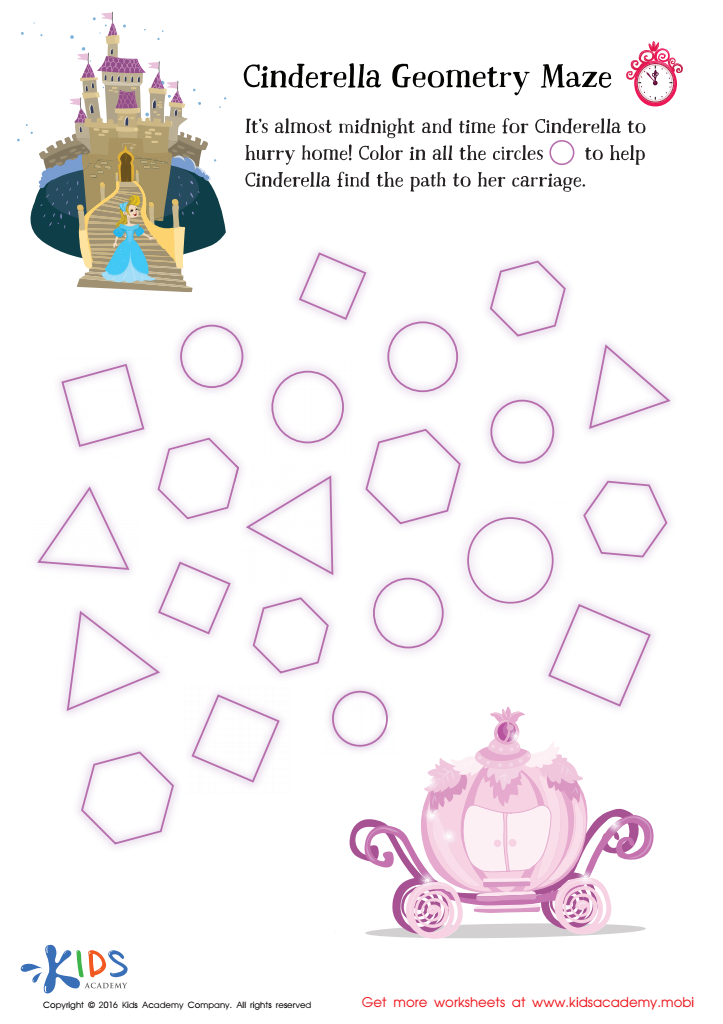

Cinderella Geometry Maze Worksheet


Preschool Geometry Match Up Worksheet
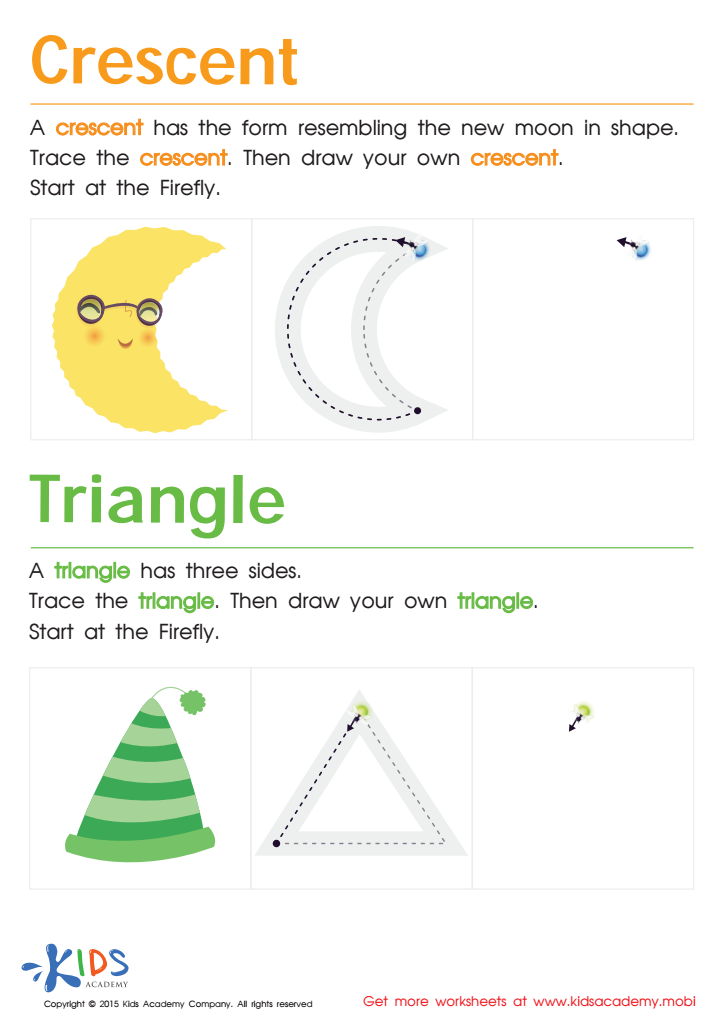

Learning to Draw Crescents And Triangles Worksheet
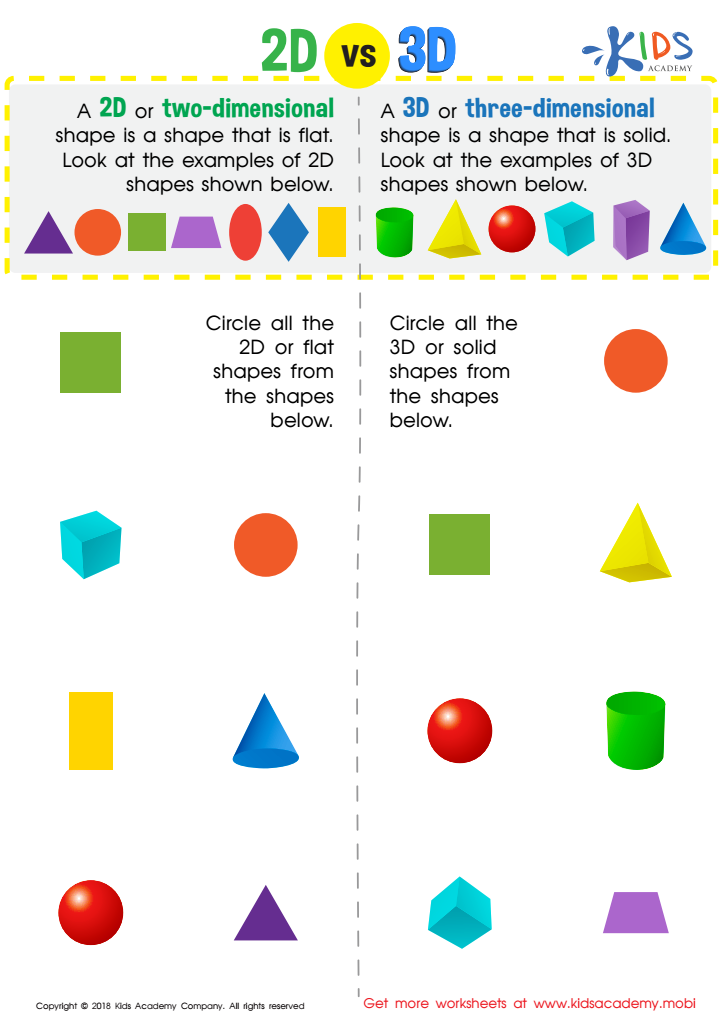

2D vs 3D Shapes Worksheet
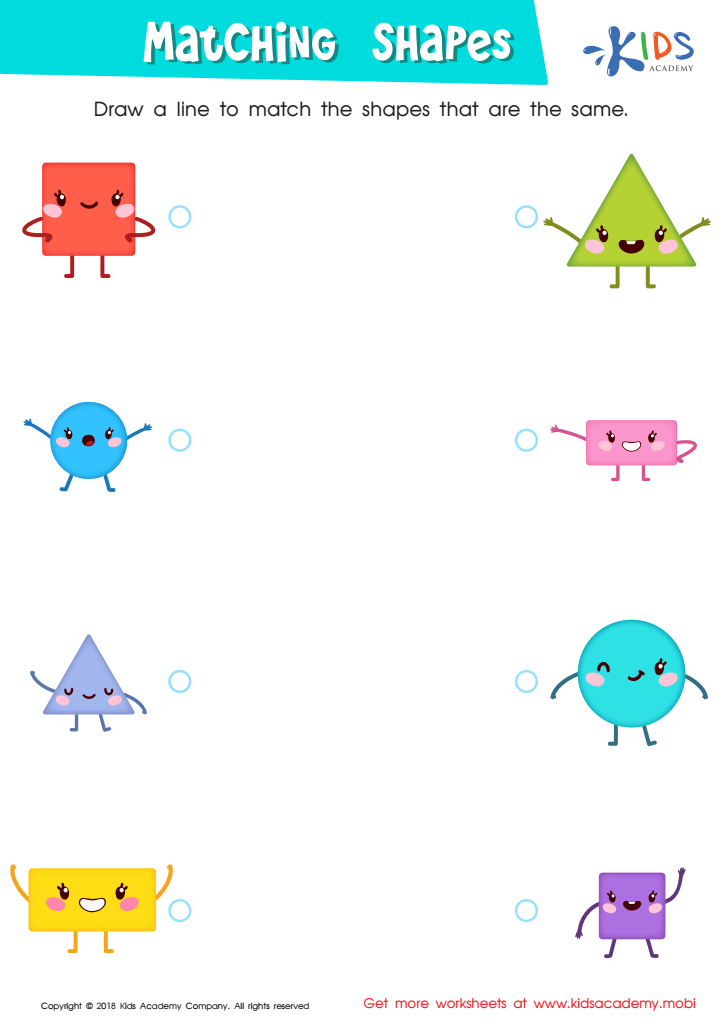

Matching Shapes Worksheet
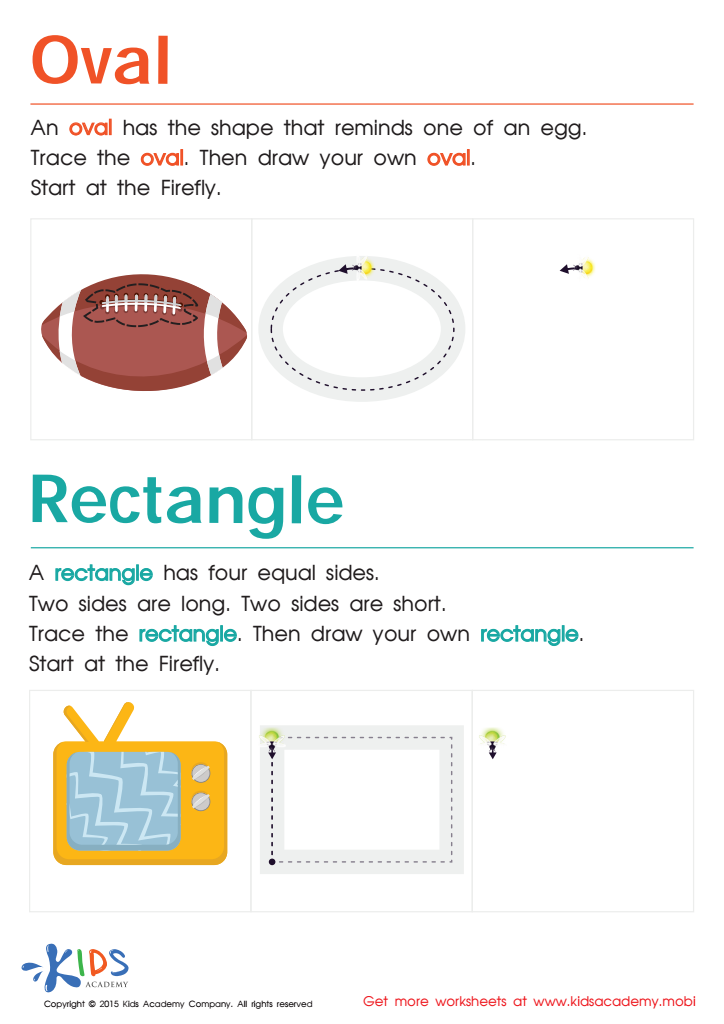

Easy Drawing of Ovals And Rectangles Worksheet
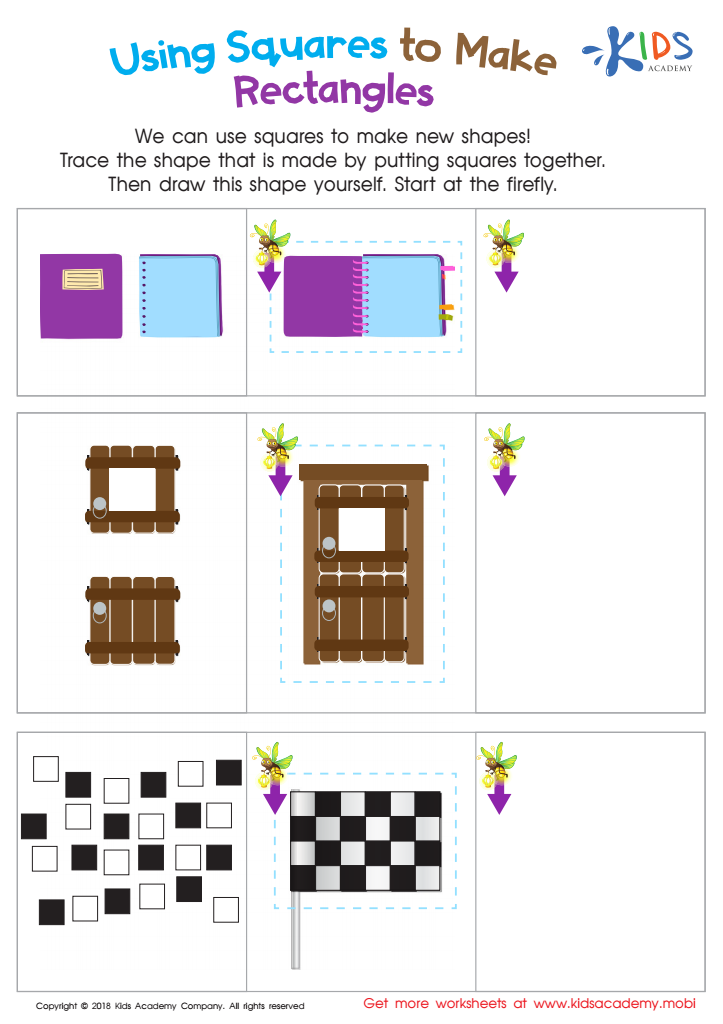

Using Squares to Make Rectangles Worksheet
Shape recognition is a fundamental skill in early childhood education that lays the groundwork for various cognitive and academic skills. For parents and teachers, understanding the significance of recognizing 2D shapes in kindergarten is crucial for several reasons.
First, shape recognition supports spatial awareness, which is essential for a child's ability to navigate their environment effectively. Recognizing shapes helps young learners develop reasoning skills and enhances their ability to visualize, integrate, and apply information in real-world contexts.
Second, mastering 2D shapes fosters mathematical understanding. Shapes form the foundation for concepts such as geometry, measurement, and comparison. As children identify, classify, and manipulate shapes, they build problem-solving skills and boost their confidence in math.
Moreover, engaging children in activities involving shape recognition prompts fine motor skill development through hands-on experiences, such as drawing, cutting, or constructing shapes. This reinforces creativity and artistic expression.
Additionally, shape recognition can enrich language development, as children learn to describe shapes using vocabulary such as "triangle," "square," and "circle," enhancing communication skills.
Overall, shape recognition in kindergarten is integral to a child's overall development, making it a vital component of early education that parents and educators should prioritize.
 Assign to My Students
Assign to My Students










